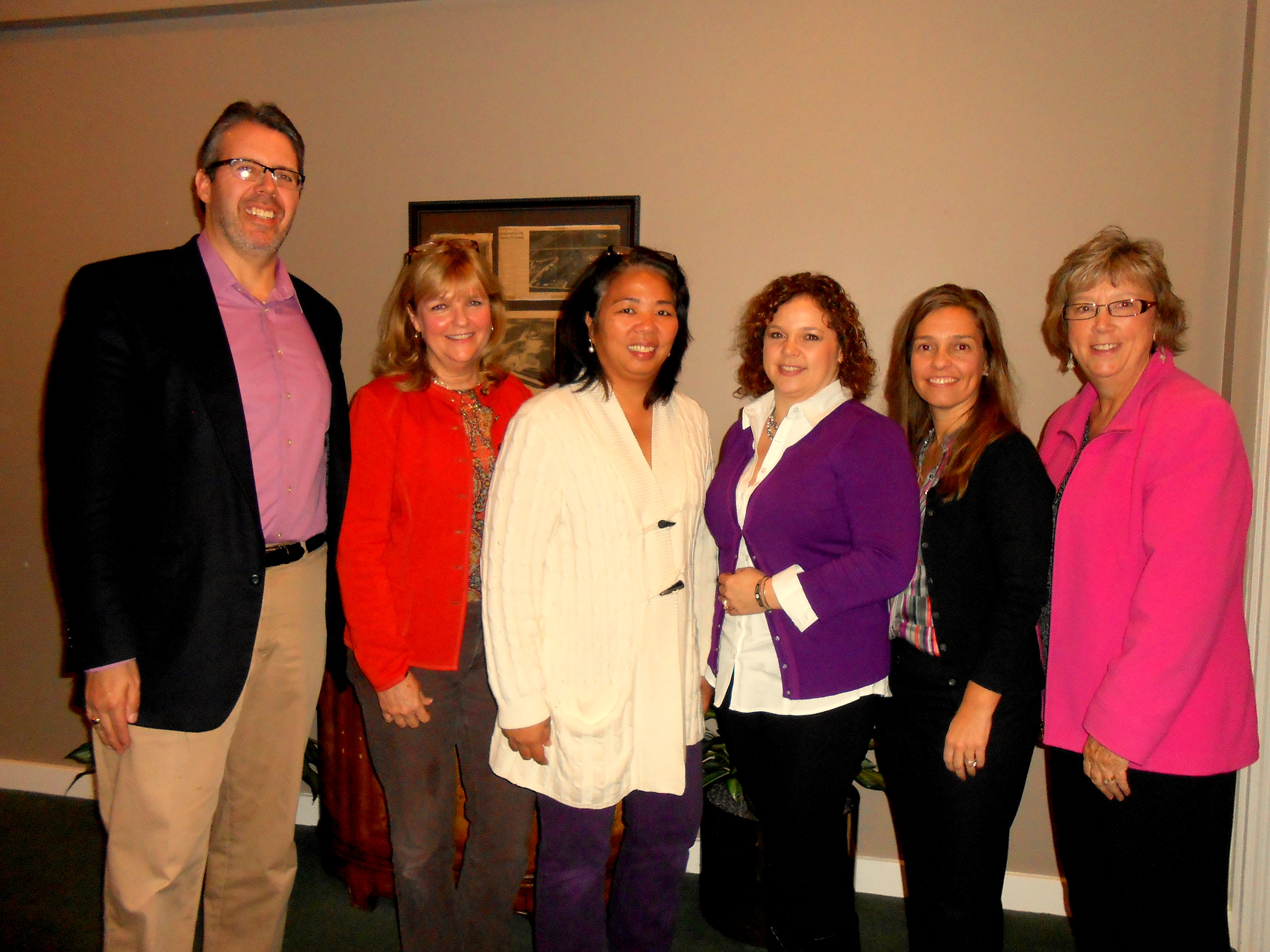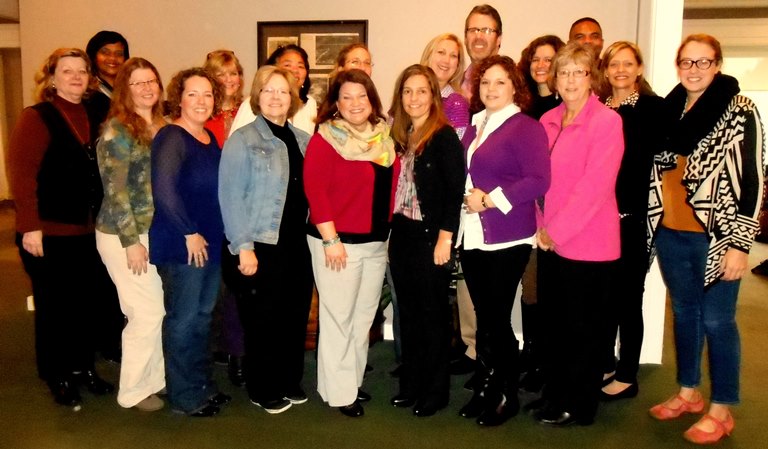Program for children with disabilities finds new home in Special Education
by Christy Kim / Jan 22, 2014

In dreaming of their future children, most expecting parents imagine red hair or blonde, blue eyes or brown, left-handed or right. For parents of children with disabilities, though, their time is often spent imagining a better world for their child.
Parents like Maria Matticks know that when families have the right resources and tools for their special child early in life, they will be able to ensure that that child can reach his potential. They understand that a disability presents a moment of readjustment, not hopelessness.
As a mother of a child with disabilities, Matticks speaks firsthand about the support and resources a family needs to make sure that from infancy, children start their lives off on the right track. With this specialized knowledge, she decided to channel her passion to helping others.
For the past 10 years, Matticks has worked as a training consultant for the Early Intervention Training Program, a program dedicated to training providers, who can range from therapists, teachers, and caregivers, to give the best services and support to children and families with disabilities.
“This is the first impact we have on a family’s life,” said Matticks. “If the children and families that we work with are going to be in some kind of system for the rest of their lives, then the impression and impact early intervention can make can set that stage to be either a positive or negative experience.”
This past summer, the Illinois Early Intervention Training Program ended its 11 successful years under the direction of the United Cerebral Palsy of Greater Chicago (UCP) when the Illinois Department of Human Services approved funding for University of Illinois at Urbana-Champaign to house the program.
Now called Early Intervention Training Program at the University of Illinois (EITP), the program is headed up by Special Education professors Amy Santos, Michaelene Ostrosky, and Tweety Yates. As the principal investigators, they are responsible for making sure EITP programs are carried out smoothly. With very few programs specializing in the special needs of the birth to three-years-old population in Illinois, EITP helps providers understand what it means to work with infants, toddlers, and their families.
Unfortunately, providers in early intervention have few resources at their disposal to continue professional development beyond college. Yates explained that EITP training affords providers the advancement opportunities to reflect on their practices to ensure that they are constantly learning new strategies, ideas, and resources in order to give the best care to families.
With the Department of Special Education’s expertise in early intervention and its extensive research in the field, many of the faculty had already been involved with EITP and had developed close relationships with its team. Originally a community organizer, EITP director Ted Burke cites Yates as his long-term mentor in understanding the field of early intervention.
For the past decade, Burke had thoughts in his mind about merging EITP and the university, but it wasn’t until after speaking with Santos at a conference and the end of the funding cycle at UCP that serious conversations began to brew about melding together the professional training of EITP and the department’s research capabilities. This resulted in a collaborative process where faculty and EITP members wrote a request for proposal to secure a grant for the university to house the program.
“We’re thrilled to have the project housed at Illinois,” stated Ostrosky. “The project has had and continues to have a great reputation both at the state and on a national level, so to be collaborators on this is fantastic.”
The move from UCP to the College of Education at Illinois proved to be a natural and comfortable transition for both sides. For the college, securing funding from the state took the work education faculty had already done over the years with early intervention to the next level. Yates expressed excitement in having the opportunity to plan and deliver trainings along with working directly with families and providers in the state.
The program’s presence at Illinois also builds a stronger curriculum for Ph.D. and master’s students. They now have practical, hands-on research opportunities within the field of early intervention and the chance to see the link between research and how it directly impacts the field.
As a result, the marriage of the program to the college creates a powerful and unique collaborative relationship that bridges the gap between theory and practice.
“I feel like one of the really great benefits of being at the university is the plethora of resources that are available—the technology, people, faculty and experience,” stated assistant director of EITP Susan Connor. “I think if we could take what we know about what the field needs and find people and resources at the university that could work with us to bring some of that to life, that’s where I see us becoming that model program.”
Although the program is predominantly statewide, the entire team hopes to become a national center people look to for early intervention expertise, training, and resources. In order to make the greatest impact on families, EITP’s mission goes beyond just training providers. It wants to make a holistic change in society by advancing research, policy, and practice in early intervention and disabilities.
“I want to change how people view people with disabilities and to take away the limitations that people have about how people with disabilities can be a part of society on a day to day basis,” explained Burke.
The EITP team has a fiery passion to keep providing the best training to providers in order to start a child’s life off on a positive trajectory. They see the value in setting the expectations high for families from birth in order to give them hope and to change negative perceptions about disabilities.
In the end, it all goes back to the families and parents who just want the best for their child. Whether or not a child has a disability, every family has the right to know that that child can go as far as they want to. The dedicated EITP team constantly looks for ways to improve their craft to comfort families and to listen to their concerns and thoughts.
With this positive and hopeful mindset, Matticks goes into every training session wanting providers to think about the family as a unit and to leave families believing that they can continue to advocate and sustain hope for their child.
“I want families to know their child can do and be whatever their vision is,” she said. “It may be a modified vision, but the fact that a child has a disability doesn’t mean that they shouldn’t part of the world we live in.”